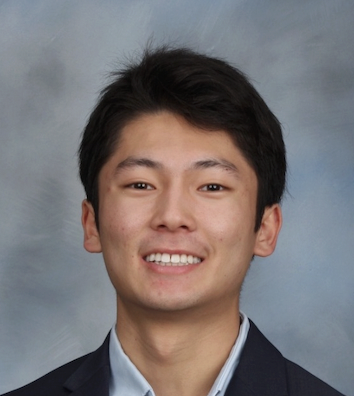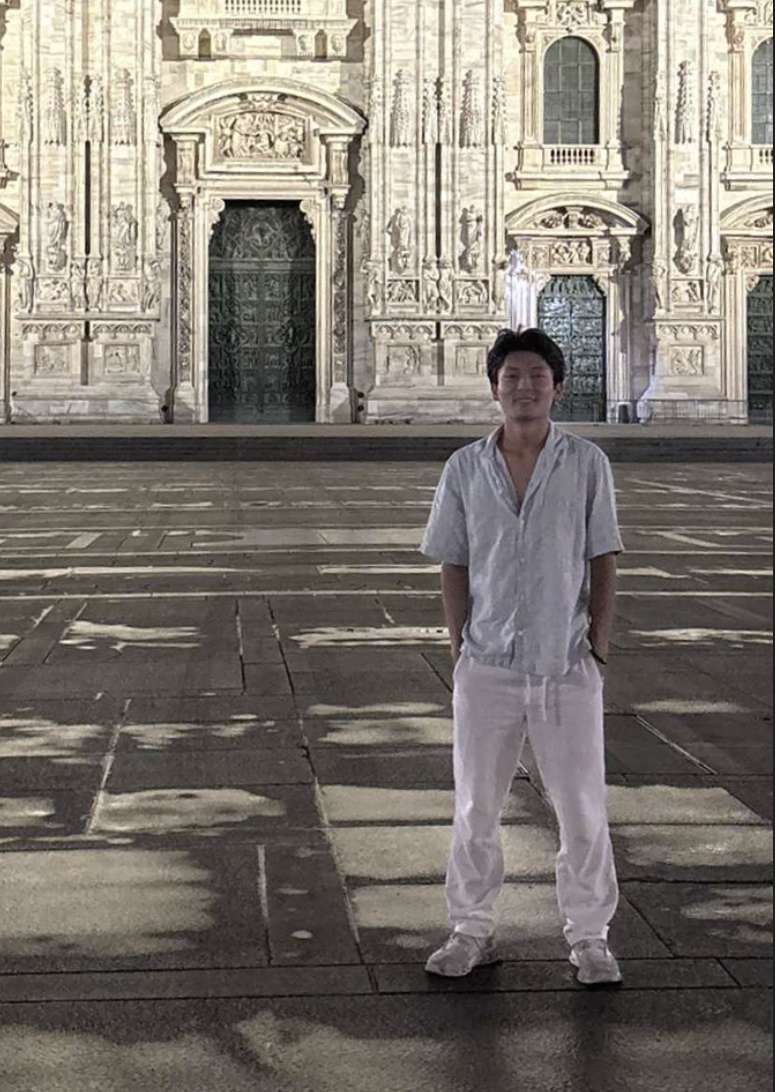 This summer, I had the chance to explore a question that has long fascinated me: How do family-owned restaurants endure for decades in turbulent urban markets? Through the Wharton Social Impact Research Experience (SIRE), I conducted an independent project in Italy, traveling to Rome, Florence, Verona, Milan, Genoa, and Pisa to study the everyday practices that sustain these businesses across generations.
This summer, I had the chance to explore a question that has long fascinated me: How do family-owned restaurants endure for decades in turbulent urban markets? Through the Wharton Social Impact Research Experience (SIRE), I conducted an independent project in Italy, traveling to Rome, Florence, Verona, Milan, Genoa, and Pisa to study the everyday practices that sustain these businesses across generations.
My research centered on 30 semi-structured interviews with restaurant owners and managers, supplemented by short surveys. What I discovered is that longevity in family-owned restaurants is not the result of a single “secret recipe,” but rather a combination of small, repeatable practices that build resilience over time. I identified five mechanisms: Heritage in Action, Adaptive Tradition, Reciprocal Peer Networks, Community Embeddedness, and Intergenerational Continuity.
For example, many families codify heritage into daily rules – mottos like “celebrate the market” or strict sourcing guidelines that guide decisions. At the same time, they adapt cautiously, experimenting with weekly specials or partial digitization in ways that can be reversed if unsuccessful. Peer reciprocity also plays a vital role: restaurants lend equipment, share suppliers, and host joint events, creating a form of informal insurance during crises. These businesses also anchor themselves in civic life, sponsoring festivals, school events, or local sports teams. Finally, continuity is achieved not only through formal succession plans but through apprenticeships, role rotations, and digital archives that keep knowledge alive across generations.
 Conducting this research underscored for me that resilience is not about dramatic innovation but about consistency, reciprocity, and identity. Italian family restaurants show how everyday routines, such as teaching a younger family member to cook, lending a generator to a neighbor, or sponsoring a community feast, add up to decades of endurance.
Conducting this research underscored for me that resilience is not about dramatic innovation but about consistency, reciprocity, and identity. Italian family restaurants show how everyday routines, such as teaching a younger family member to cook, lending a generator to a neighbor, or sponsoring a community feast, add up to decades of endurance.
This project deepened my interest in the intersection of identity, community, and business resilience. I would like to thank SIRE, my faculty mentors Professor Adam Grant and Marissa Shandell, and all of the restaurant owners who generously shared their time and stories with me.


